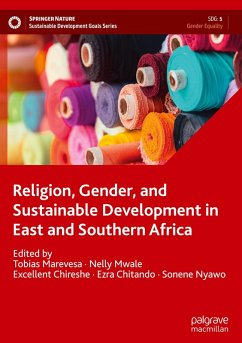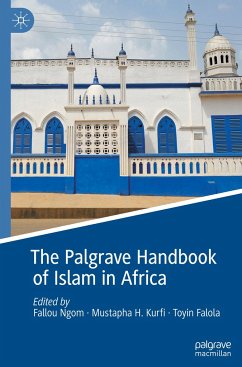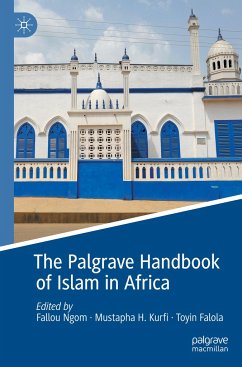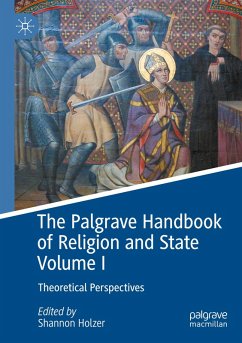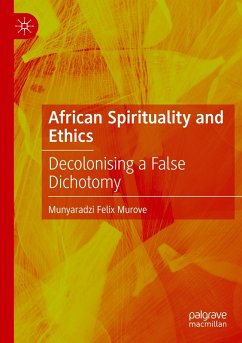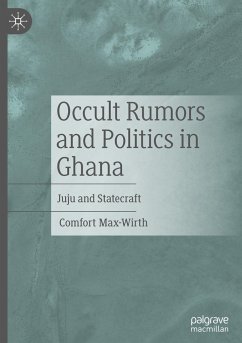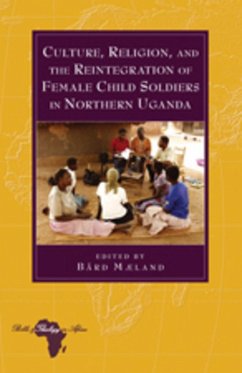
The Palgrave Handbook of Religion, Peacebuilding, and Development in Africa
Versandkostenfrei!
Versandfertig in 6-10 Tagen
213,99 €
inkl. MwSt.

PAYBACK Punkte
107 °P sammeln!
This Handbook explores the ways in which religion among the African people has been applied in situations of conflict and violence to contribute to sustainable peace and development. It analyzes how peacebuilding inspired and enabled by religion serves as the foundation for sustainable development in Africa, while also acknowledging that religion can also be a tool of destruction, and can be used to fuel violence and underdevelopment. Contributors to this volume offer theoretical discussions from existing literature, as well as experiences of practitioners, to deepen the readers' understanding...
This Handbook explores the ways in which religion among the African people has been applied in situations of conflict and violence to contribute to sustainable peace and development. It analyzes how peacebuilding inspired and enabled by religion serves as the foundation for sustainable development in Africa, while also acknowledging that religion can also be a tool of destruction, and can be used to fuel violence and underdevelopment. Contributors to this volume offer theoretical discussions from existing literature, as well as experiences of practitioners, to deepen the readers' understanding on the role of religion and religious institutions in peacebuilding and development in Africa. The Handbook provides reflections on possible future developments as well, thereby aligning with the goals of SDG 16.



